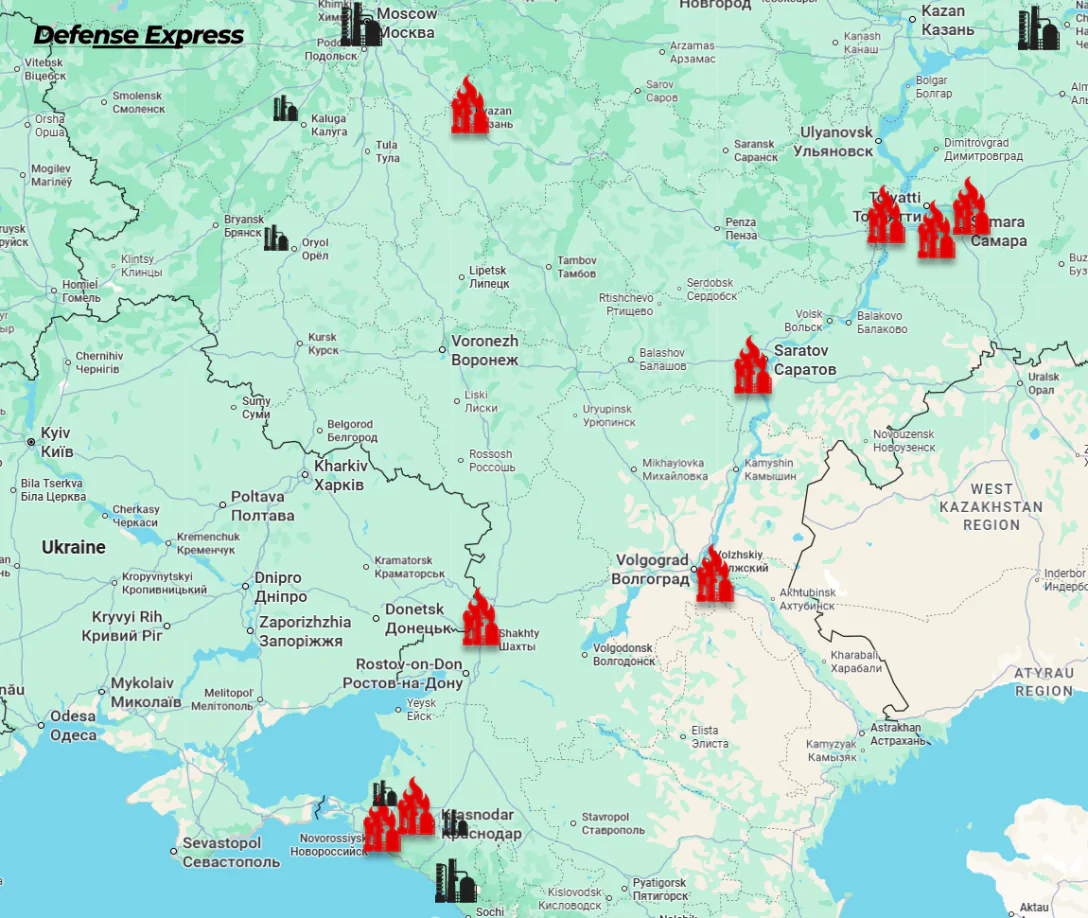A reminder to everyone that starting tomorrow, we are being forced to block access to any IP address that geolocates to the state of Mississippi for legal reasons while we and Netchoice continue fighting the law in court. People whose IP addresses geolocate to Mississippi will only be able to access a page that explains the issue and lets them know that we'll be back to offer them service as soon as the legal risk to us is less existential.
The block page will include the apology but I'll repeat it here: we don't do geolocation ourselves, so we're limited to the geolocation ability of our network provider. Our anti-spam geolocation blocks have shown us that their geolocation database has a number of mistakes in it. If one of your friends who doesn't live in Mississippi gets the block message, there is nothing we can do on our end to adjust the block, because we don't control it. The only way to fix a mistaken block is to change your IP address to one that doesn't register as being in Mississippi, either by disconnecting your internet connection and reconnecting it (if you don't have a static IP address) or using a VPN.
In related news, the judge in our challenge to Tennessee's social media age verification, parental consent, and parental surveillance law (which we are also part of the fight against!) ruled last month that we had not met the threshold for a temporary injunction preventing the state from enforcing the law while the court case proceeds.
The Tennesee law is less onerous than the Mississippi law and the fines for violating it are slightly less ruinous (slightly), but it's still a risk to us. While the fight goes on, we've decided to prevent any new account signups from anyone under 18 in Tennessee to protect ourselves against risk. We do not need to block access from the whole state: this only applies to new account creation.
Because we don't do any geolocation on our users and our network provider's geolocation services only apply to blocking access to the site entirely, the way we're implementing this is a new mandatory question on the account creation form asking if you live in Tennessee. If you do, you'll be unable to register an account if you're under 18, not just the under 13 restriction mandated by COPPA. Like the restrictions on the state of Mississippi, we absolutely hate having to do this, we're sorry, and we hope we'll be able to undo it as soon as possible.
Finally, I'd like to thank every one of you who's commented with a message of support for this fight or who's bought paid time to help keep us running. The fact we're entirely user-supported and you all genuinely understand why this fight is so important for everyone is a huge part of why we can continue to do this work. I've also sent a lot of your comments to the lawyers who are fighting the actual battles in court, and they find your wholehearted support just as encouraging and motivating as I do. Thank you all once again for being the best users any social media site could ever hope for. You make me proud and even more determined to yell at state attorneys general on your behalf.




